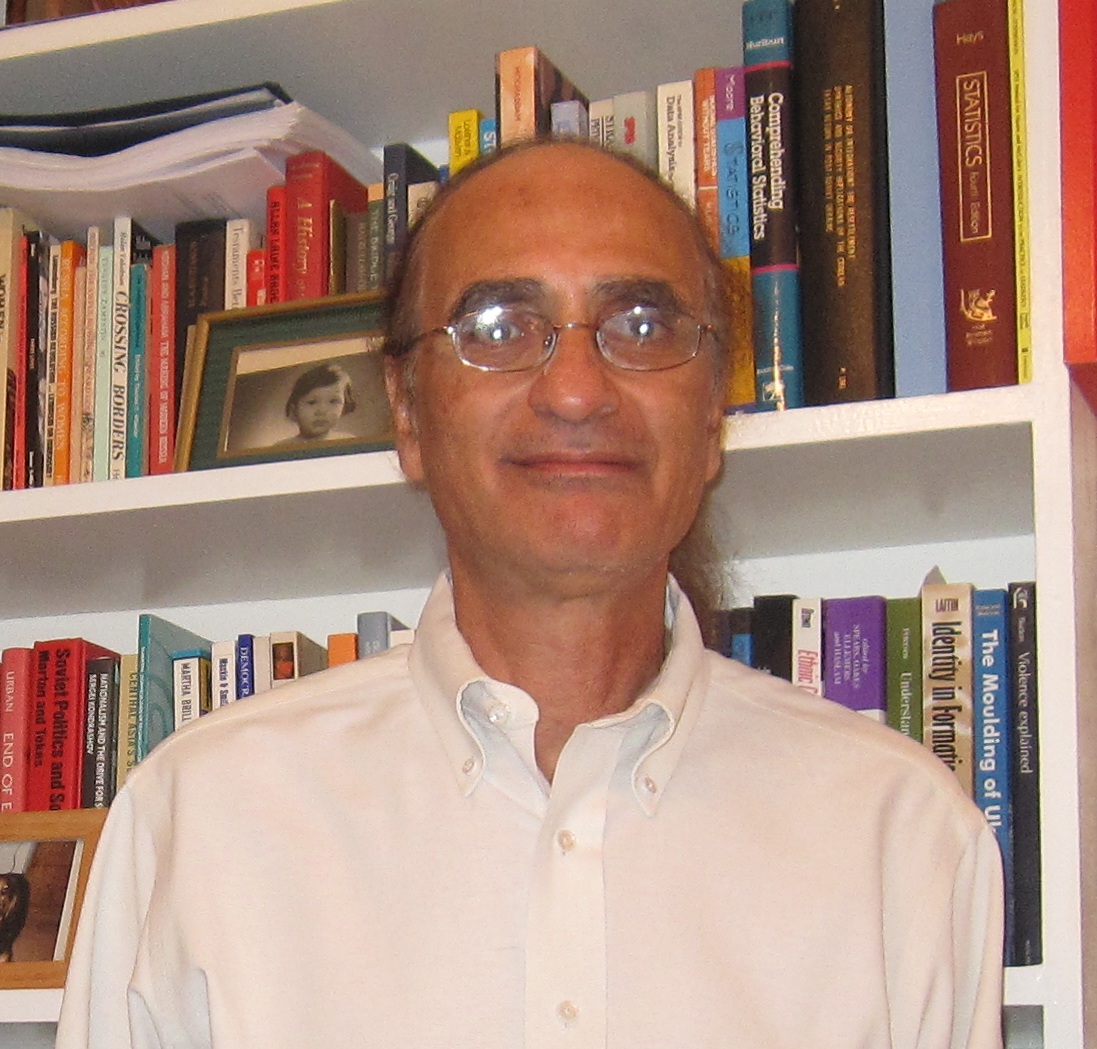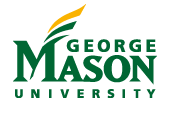
Ilhan M. Izmirli, Ph.D. |

Dr. Ilhan Izmirli's Personal Website
| Home | Memberships | Teaching Philosophy | Biography | Research Interests | Honors & Awards | Books | Publications | Presentations | Book Reviews | Courses Taught | Personal Interests |

| Home | Memberships | Teaching Philosophy | Biography | Research Interests | Honors & Awards | Books | Publications | Presentations | Book Reviews | Courses Taught | Personal Interests |

Ilhan M. Izmirli, Ph.D. |
Teaching Philosophy:
My teaching philosophy has always been particularly uncomplicated, and is most aptly encapsulated by Bertrand Russell’s (1872-1970) adage: “No man can be a good teacher unless he has feelings of warm affection toward his pupils and a genuine desire to impart to them what he believes to be of value.” - that, and the rather ambitious expectation that ardor is contagious.
Educators should not merely be translators deciphering what is perceived to be arcane and rendering it accessible, but should aspire to develop the learners’ capacity for further erudition by unambiguously conveying to them that they are not constrained by a four-step Piaget model of learning, and reassuring them that edification, in fact, is an incessant, continuous process that involves an uninterrupted cycle of unlearning, learning, relearning, reflection, and evaluation. I think the great Irish poet and dramatist William Butler Yeats (1865-1939) - although some claim Plutarch (46 C.E. - c. 122 C.E.) did so a few centuries earlier - put it best: “Education is not the filling of a pail but the lighting of a fire.”
Let us not, under some elitist arrogance and conceit, misapprehend this as a mandate to teach our students “how to think.” As the Brazilian educator Paolo Freire (1921-1997), whose work helped shape the field of critical pedagogy, articulated “…our task is not to teach students to think—they can already think; but to exchange our ways of thinking with each other and look together for better ways of approaching the decodification of an object.” It is our obligation to guide our students to question and confront the mainstream beliefs and practices that dominate the academic discourse and consequently achieve critical consciousness.